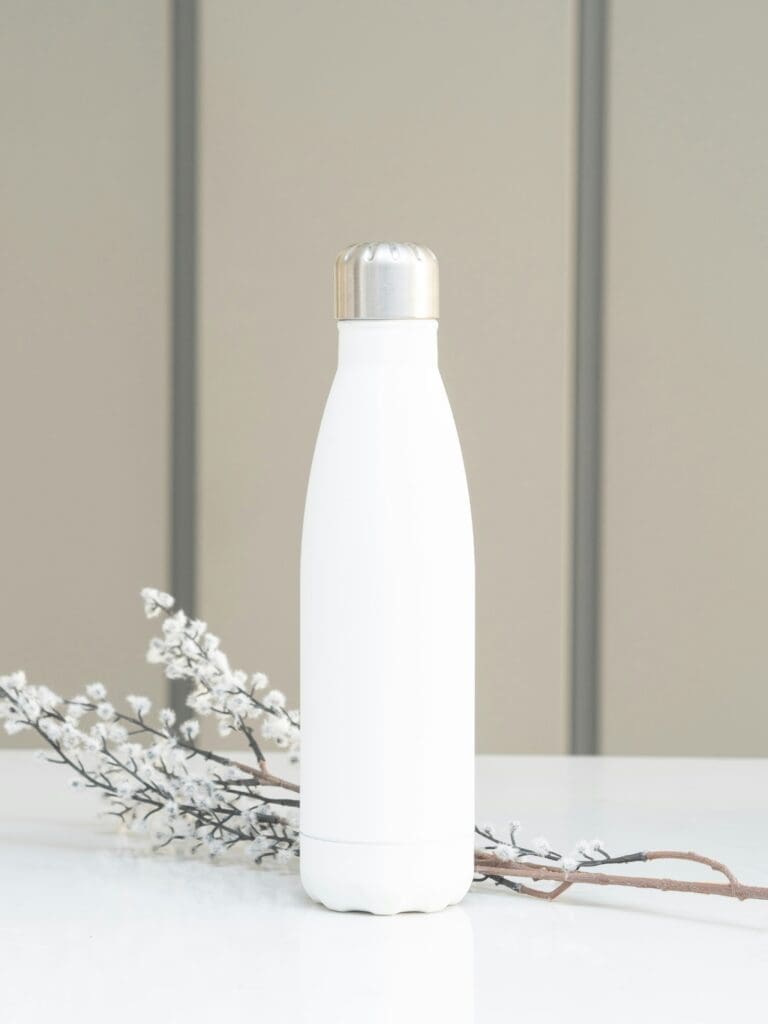Breastfeeding and Sleep: How to Make Night Feeds Easier
Nighttime feeds are an essential part of your breastfeeding journey, especially in the early months of your baby’s life. While they can feel exhausting at times, they’re also an opportunity to bond with your baby in a quiet, intimate setting. With the right approach, nighttime feeds don’t have to disrupt your sleep or leave you feeling drained. In this guide, we’ll share breastfeeding nighttime tips to make feeds more manageable and less stressful for both you and your baby.
Breastfeeding and Sleep – Why Nighttime Feeds Are Essential
Night feeds play a crucial role in maintaining your milk supply and meeting your baby’s nutritional needs. Babies, especially newborns, have small stomachs and require frequent feeding to stay nourished. Additionally, prolactin, the hormone responsible for milk production, is highest during nighttime, making these feeds an important part of establishing and sustaining your supply.
Benefits of Night Feeds:
- Supporting Growth and Development
Night feeds provide the calories and hydration your baby needs for healthy growth. - Boosting Milk Supply
Feeding at night helps maintain a steady milk supply due to increased prolactin levels. - Bonding Time
The quiet, undisturbed atmosphere of night feeds creates a special connection between you and your baby.
Understanding the importance of night feeds can help shift your perspective and make them feel more purposeful.
Setting Up a Comfortable Nighttime Feeding Station
Creating a cozy and functional space for nighttime feeds can make a significant difference in your comfort and efficiency. A well-prepared feeding station ensures you have everything you need within arm’s reach, so you’re not fumbling around in the dark.
Breastfeeding and Sleep Essentials:
- Comfortable Chair or Bed Setup
Choose a supportive chair with armrests or set up pillows on your bed to ensure proper back and neck support during feeds. - Soft Lighting
Use a dim, warm nightlight to avoid overstimulating your baby or fully waking yourself up. Adjustable lights or motion-sensor lamps are great options. - Hydration and Snacks
Keep a water bottle and light snacks nearby to stay hydrated and maintain energy levels, especially during longer feeds. - Burp Cloths and Nursing Pads
Have burp cloths ready for cleanup and nursing pads to manage leaks. - Entertainment or Relaxation Tools
A book, audiobook, or calming playlist can help you pass the time and stay relaxed during feeds.
By setting up a dedicated feeding space, you can make nighttime feeds feel less like a chore and more like a moment of peace.
Techniques for Breastfeeding and Sleep
Feeding while lying down can be a game-changer for nighttime nursing, allowing you to rest more while still meeting your baby’s needs. This position is especially helpful for moms recovering from childbirth or dealing with fatigue.
How to Nurse While Lying Down:
- Find the Right Position
Lie on your side with a pillow supporting your head and another between your knees. Place your baby on their side facing you, ensuring their nose is level with your nipple. - Support Your Baby
Use your arm or a rolled-up towel to support your baby’s back and keep them close to your body. - Latch Properly
Guide your baby to latch deeply to avoid discomfort or ineffective feeding. Adjust as needed for both of your comfort. - Safety First
Clear your sleeping area of pillows, blankets, and other items that could pose a suffocation risk. Always ensure your baby has a safe sleep environment.
Lying down to nurse can make nighttime feeds more restful and help you doze off more easily once your baby is settled.
Tips for Getting Back to Sleep After Feeding
One of the biggest challenges of nighttime nursing is falling back asleep after a feed. With some simple strategies, you can help your body and mind relax so you can return to restful sleep more quickly.
Strategies for Better Post-Feed Sleep:
- Limit Light Exposure
Keep the lights dim and avoid using your phone or other screens during feeds to minimize stimulation. - Practice Relaxation Techniques
Deep breathing, progressive muscle relaxation, or a short meditation can help calm your mind and prepare your body for sleep. - Stay Warm and Cozy
Use a lightweight blanket or shawl during feeds to stay comfortable and avoid waking up cold. - Create a Wind-Down Routine
Establish a soothing routine for both you and your baby before bedtime, such as a warm bath, gentle massage, or reading a bedtime story. - Avoid Clock-Watching
Checking the time can increase stress and make it harder to fall back asleep. Trust your body to wake naturally for the next feed.
By prioritizing relaxation, you can make nighttime feeds less disruptive to your overall sleep.
Encouragement Breastfeeding and Sleep -Embrace the Nighttime Bond
Night feeds, while challenging, offer a unique opportunity to bond with your baby. These quiet moments are a time of connection, where your baby feels safe and nurtured in your care.
Reframing the Nighttime Experience:
- Focus on the Positive
Remind yourself that these moments are temporary and an important part of your baby’s early development. - Celebrate Small Wins
Whether it’s a smooth latch or a successful side-lying feed, acknowledge your efforts and progress. - Ask for Support
If you’re feeling overwhelmed, reach out to a partner, family member, or lactation consultant for help. You don’t have to navigate nighttime feeds alone.
Embracing the nighttime bond can make these feeds feel more meaningful and rewarding.
Final Thoughts: Making Night Feeds Easier
Breastfeeding at night doesn’t have to be exhausting or stressful. With the right setup, techniques, and mindset, you can make nighttime feeds a more manageable and even enjoyable part of your breastfeeding journey.
If you’re struggling with nighttime nursing or have questions about breastfeeding in general, I’m here to help. Schedule a one-on-one lactation consultation to get personalized advice and support tailored to your needs. Together, we can create a plan to make your breastfeeding experience as smooth and fulfilling as possible.
Do You Have Aetna, Cigna, Anthem PPO, BCBS PPO or UHC?
You Can Get FREE one on one support! Click the link below.









